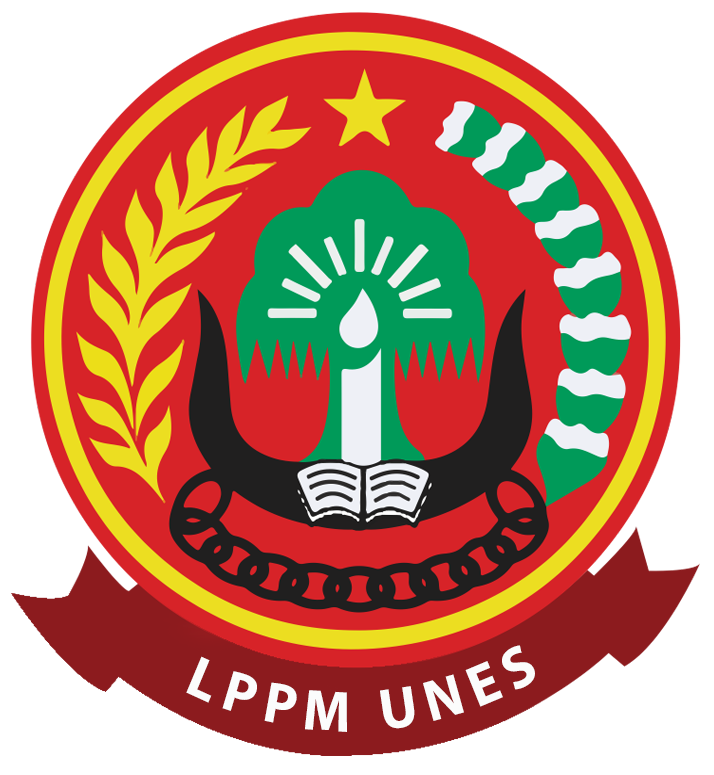THE EFFECT OF STUDENT'S CREATIVITY AND LEARNING INTEREST ON LEARNING ACHIEVEMENT IN ECONOMIC STUDENTS CLASS XI IPS SMA EKASAKTI PADANG
DOI:
https://doi.org/10.31933/jige.v1i1.536Keywords:
creativity, learning interest, learning achievementAbstract
This research is motivated by the not yet optimal learning achievement in Economics subjects for class XI Social Sciences SMA Ekasakti Padang, where 42.11% get learning outcomes below the minimum completeness criteria, namely 78 with a range of 0-100. The purpose of the study was to reveal the effect of students' creativity and interest in learning on the economics learning achievement of students in class XI IPS SMA Ekasakti Padang. This type of research is descriptive with a quantitative approach. The population of this study were all students of class XI IPS SMA Ekasakti Padang, consisting of two classes totaling 38 people. While the sampling technique of this research is total sampling. Student achievement data was obtained from the economics teacher at SMA Ekasakti Padang. While the data on creativity and interest in learning through a questionnaire using a Likert scale that has been tested for validity and reliability. The data were analyzed using statistical methods with the help of SPSS (Statistics Product And Service Solutions) Version 22.0 software. The results showed: (1) Creativity has an effect of 14% on learning achievement; (2) Interest in learning has an effect of 41.8% on learning achievement; (3) creativity and interest in learning together have an effect of 50.3% on learning achievement. So it can be concluded that creativity and interest in learning affect learning achievement, the higher students' creativity and interest in learning in the learning process, the better learning achievement and learning achievement will be higher.
References
[2] Arikunto, Suharsimi. 2010. Research Procedures A Practical Approach, Jakarta: Rineka Cipta.
[3] Ghozali, Imam (2005). Application of Multivariate Analysis with SPSS program, Diponegoro University Publishing Agency, Semarang.
[4] Riduwan. (2008). Statistical Fundamentals. Bandung: Alphabeta.
[5] Sudjana, Nana. 2004. Assessment of Teaching and Learning Outcomes. Bandung: Youth Rosdakarya.
[6] Sugiyono. 2012. Business Research Methods. Bandung : Alphabeta.
Downloads
Published
How to Cite
Issue
Section
License
Authors who publish their manuscripts in this journal agree to the following conditions:
Copyright in each article belongs to the author.
- The author acknowledges that Journal International on Global Education (JIGE) has the right to be the first to publish with a license Creative Commons Attribution 4.0 International (Attribution 4.0 International (CC BY 4.0).
- Authors can submit articles separately, and arrange the distribution of non-exclusive manuscripts that have been published in this journal to other versions (for example, sent to the author's institutional repository, publication in books, etc.), by acknowledging that the manuscript has been published for the first time in Journal International on Global Education (JIGE).
























